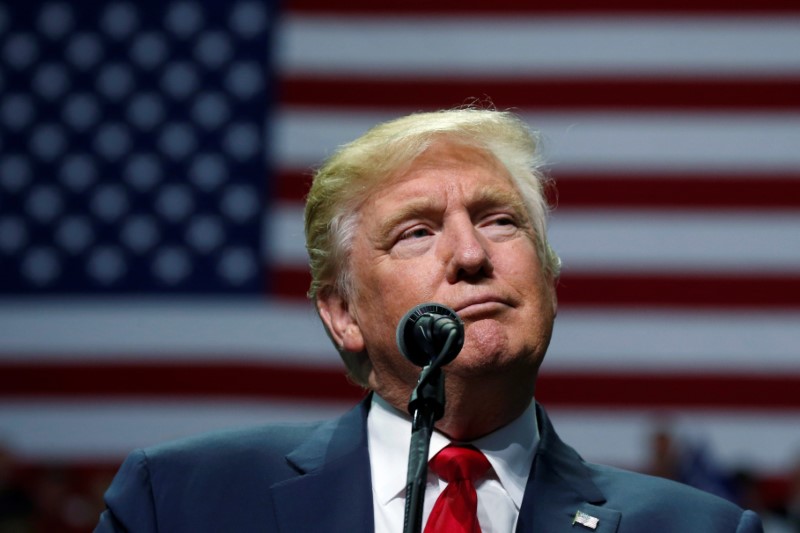(Bloomberg Opinion) -- As the U.S.-China trade war escalates, with both parties imposing higher tariffs on the other, U.S. Commerce Secretary Wilbur Ross tried to defuse some of the tension. Because America’s 10 percent tariff on some $200 billion worth of Chinese imports is “spread across thousands and thousands of products,” he noted, “nobody is going to actually notice it at the end of the day.”
This argument has been met by scorn, but has a disturbing grain of truth to it. It is also a reason that the trade war may be worse, not better, than expected.
To see why, it’s necessary to understand something called “tax salience theory.” It is a basic principle of economics that consumers notice changes in market prices and react accordingly. But tax salience theory considers why consumers are more bothered by some taxes than others.
For example, consumers (and voters) seem to be especially irritated by high gas prices. Drivers have to buy gas regularly, the price is advertised conspicuously, and higher gas expenses typically come out of consumers’ discretionary income. The net result is that gas taxes are probably lower than is socially optimal, considering that congestion, road wear and climate change may imply a fairly high gas tax. Because voters can so easily notice gas taxes, they hate them more than they ought to. Another example: When highway tolls are collected electronically, consumers tend to mind less, because they are less aware of the payment, and that leads to higher tolls.
The property tax is typically considered a very salient tax, because you receive a bill in the mail and have to write out a big check all at once. (As you might expect from tax salience theory, homeowners who pay property taxes out of escrow don’t seem to mind them as much.) The net result is that at least some property taxes are probably lower than they ought to be, as exemplified by the now widely understood disastrous nature of California’s Proposition 13. Even if you are a low-tax conservative, you might agree that California would be better off with a lower state income tax and higher property taxes. It would be cheaper to work in the state, and California schools and municipalities would be less fiscally strapped.
OK, so how do tariffs fit into this basic approach?
First, there is good evidence that consumers restrict their consumption more when a tax is included in the price of the product, as opposed to being added on at the cash register. If the tax is added at the register, consumers don’t quite fully count it into the full price, even if they understand the basic logic of sales taxes. So sales taxes cause a smaller decline in consumption than taxes included in the price.
In other words, tariffs distort consumer decisions more than sales taxes do. It may well be true that consumers don’t notice tariffs as such. But they respond by buying less, lowering their well-being and also possibly lowering GDP and employment.
It gets worse yet. President Donald Trump’s tariffs typically are applied to intermediate goods coming from China, such as circuit boards and LCD screens. The end result is more expensive computers at the retail level. But most consumers see only the higher price for computers. They probably don’t know which intermediate goods Trump put the tariffs on, and for that matter many U.S. consumers probably don’t even know what circuit boards are, much less where they come from.
The end result is that the tariffs are somewhat invisible, or at least they are invisible as tariffs. It's highly unlikely there will be mass protests against a 10 percent tariff on circuit boards. No one will get “circuit board tariff charge” bill in the mail, as they might with their property taxes, and unlike gasoline, people don’t buy computers very often.
Most generally, it can be said that the new Trump policy makes the high prices salient, but the underlying tariffs not very salient at all. This is the worst possible scenario. The higher prices will reduce consumption and output, yet the invisibility of the tariffs will limit voter pushback.
Given that tariffs also worsen relations with China, and increase the risk of a broader breakdown in international cooperation, these latest escalations are especially worrisome: They may have introduced American politicians to a dangerous and essentially cost-free weapon. Welcome to the next phase of the Trump administration.
